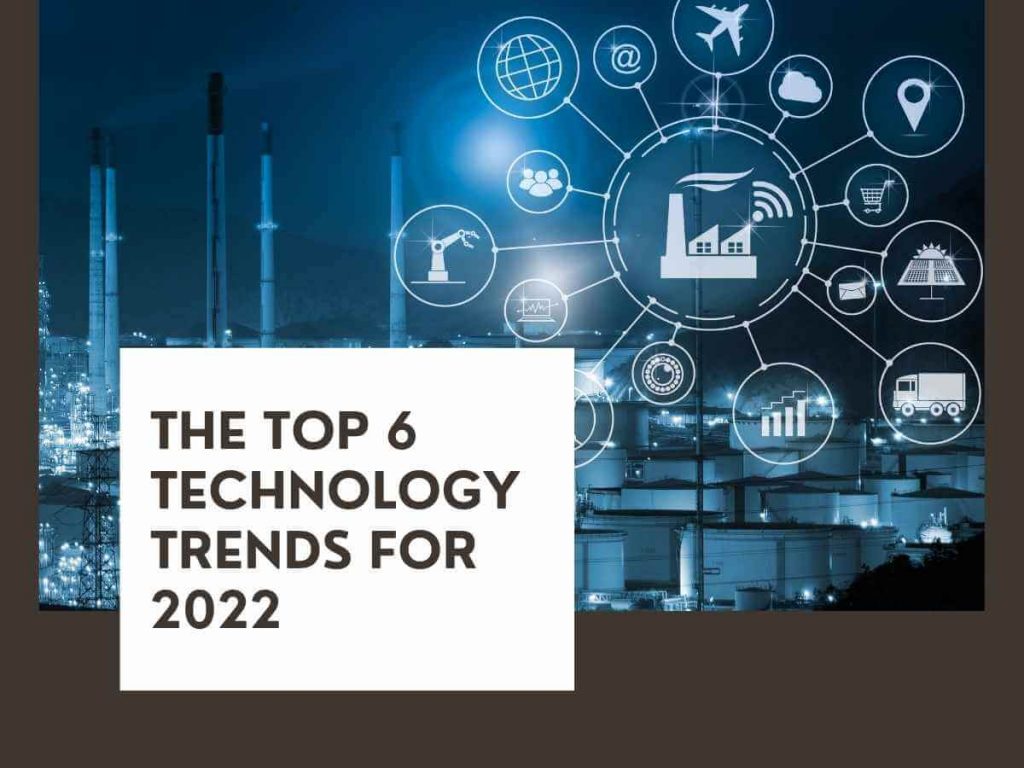In 2021 close to 3,32,000 electric vehicles were sold in India, which reported a 168% increase YoY over the sale in the year 2020 which stood at 1,22,607 units. As per Research and Markets’ India Electric Vehicle Ecosystem Market Outlook 2030, the EV market is anticipated to grow at a robust CAGR of 43.13% during the forecast period from 2019 to 2030. Additionally, the installation of charging infrastructure is projected to grow at a CAGR of 42.38%.
According to the Ministry of Heavy Industries, 0.52 million EVs were registered in India, in the last three years. Due to the suspension of production facilities and lockdowns caused by the COVID-19 epidemic, locally made electric cars were restricted. However, when limits were removed, EVs saw positive development as customers became more interested in inexpensive environmentally friendly transportation backed by government incentives.
Electric vehicles market overview
Two-wheelers (scooters, motorcycles) and three-wheelers (autos and rickshaws) dominate India’s automotive sector, which plays an important part in last-mile transportation. Rising government attention and concentration on private-public partnerships to improve the country’s electric vehicle ecosystem. Major OEMs’ have increased the investments and product launches in the nation, as well as their focus on localizing supply chain facilities, which are projected to boost the market.
However, in India, market maturity differs by state and is influenced by factors such as demography, income levels, regulatory landscape, and urbanization. For example, Uttar Pradesh, which has one of the lowest rates of urbanization, has witnessed high adoption of electric two-wheelers. Maharashtra, on the other hand, has the largest penetration of electric three-wheelers and passenger automobiles due to its greater urbanization rate. Due to increased demand for electric buses and trucks, Delhi has the largest electric commercial vehicle fleet.
Even though the COVID-19 epidemic caused lockdowns and supply chain delays, rising gasoline and diesel costs, government incentives, and increased expenditure on charging infrastructure in the country are projected to boost demand.
2-wheeler electric vehicle market in India
In 2021, 2-wheeler electric vehicles account for a 48% contribution to the overall electric vehicle sales. Electric bikes and scooters are prominent options in the electric two-wheeler industry. Being lighter in weight and with faster torque generation, they are simpler to move through busy areas, narrow roads, and traffic congestions than traditional two-wheelers. Low-speed (up to 25 km/h) and medium-speed (up to 40 km/h) electric two-wheelers using traditional lead-acid batteries are expected to dominate the market throughout the projection period. This is because they are already competitive with ICE cars in terms of upfront costs.
New age startups and e-commerce firms that deal in last mile delivery of food, groceries, and more are depending largely on electric two-wheelers for their delivery operation. A number of Logistics and supply chain companies are also rapidly adopting 2-wheeler electric vehicles for last mile delivery, creating a huge demand for such vehicles.
Latest developments in the Indian electric vehicle market
- Ampere Electric announced in February 2021 that it will invest INR 700 crore in establishing a new electric two-wheeler manufacturing in Tamil Nadu. It is anticipated that it will be able to produce 100,000 units in its first year of operation.
- Tata Motors introduced the new Tigor EV in August 2021, which has Tata’s innovative Ziptron high-voltage architecture and a permanent magnet synchronous electric motor with 75hp and 170Nm. With these power statistics, a 5.7-second 0-60kph pace is possible.
- Audi introduced two electric vehicles in July 2021: the e-Tron SUV and the e-Tron Sportback. The thee-Tron SUV comes with a 71-kWh battery and two electric motors in the e-Tron 50 models. This variant produces 308 horsepower and 540 Nm, with a claimed driving range of 264 to 379 kilometers (WLTP).
- Ampere Electric, Greaves Cotton Ltd.’s wholly owned electric mobility company, said in February 2021 that it will invest INR 700 crore over ten years to build a world-class e-mobility manufacturing unit in Ranipet, Tamil Nadu. The corporation and the Tamil Nadu government signed a Memorandum of Understanding (MoU) to that effect.
- Tata Motor revealed its ambitions to mainstream electric vehicles in January 2022, aiming for 50,000 annual sales in FY 2023. The business has spoken with vendors about a guaranteed manufacturing schedule of 50,000 electric vehicles in fiscal 2023, which will be expanded up to 125,000-150,000 units yearly over the next two years.
- MG Motor India said in January 2022 that it will debut an electric car before the end of FY 2022-23, or before March 2023. It would cost between INR 10 lakh and INR 15 lakh. This all-electric crossover will be built on a worldwide platform that has been tailored specifically for the Indian market. It will be a sub-4-meter crossover with a potential electric range of more than 300 kilometers. It will compete with the most popular Tata Nexon EV. To fulfill the government’s standards for a product-linked incentive system, the business plan was to localize some of the components for its new electric car.
- Tata Motors introduced the new Tigor EV in August 2021, which has Tata’s innovative Ziptron high-voltage architecture and a permanent magnet synchronous electric motor with 75hp and 170Nm. With these power statistics, a 5.7-second 0-60kph pace is possible.
The future of India’s electric vehicles market
As more businesses become eligible for FAME-II incentives, numerous new models are projected to enter the market during the next several years. To meet the increased demand in the country, some of the major two-wheeler rental firms have already begun spending considerably in expanding their fleets of vehicles. Several large local firms are spending substantially to increase their production capacity of electric two-wheelers in the country to meet the growing demand.
As a result of these increasing improvements and innovations, the passenger vehicle category is predicted to increase steadily and consistently during the projection period.
The government has proposed plans for providing $ 4.6 billion in incentives for setting up battery manufacturing units to boost the battery energy storage industry which is at a very infant stage currently in India. This is also aimed at motivating companies to start manufacturing lithium-ion batteries locally and mitigate high import costs.
Due to an inexpensive and readily accessible workforce, the Indian EV industry is relatively concentrated, with significant companies present. Startups are also growing their footprint by seeking funding from investors and entering previously untapped markets. Companies are spending a lot of money on R&D and developing new models to establish themselves in the market. Established market companies, on the other hand, are developing new models to acquire a competitive advantage over their competitors.
Final Words
The upfront buying costs and confidence in the performance of EVs are the areas that should be addressed through a combination of initiatives and programs. The EV industry along with government policies must promote domestic manufacturing of EV vehicles and batteries to bring down the cost and improve supply.
Developing a strong charging infrastructure network will certainly boost consumer adoption and affinity toward electric vehicles.
Electric mobility is a great way in assisting India in meeting its Sustainable Development Goals (SDGs) and achieving net zero carbon emission by 2070.



